Advisors and Committee Members
DHD Advisors
Kruti Acharya
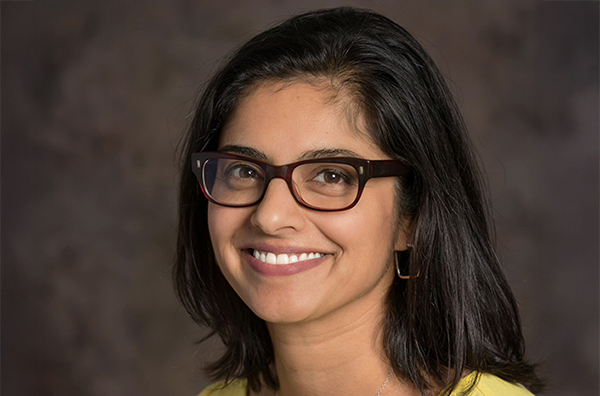
Theory Areas: Biopsychosocial; bioecological; social determinants of health; life course
Method Areas: Quantitative; intervention
Application Areas: Health; autism; intellectual disability; health equity; health disparities; mental health; behavioral health, childhood, adolescence
Stephanie Bay
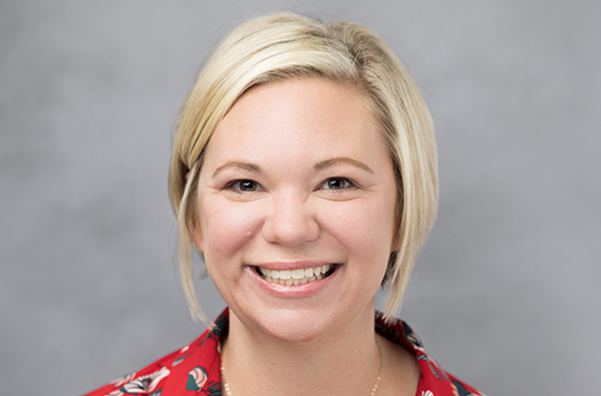
Research Interests: Research Assistive technology and augmentative and alternative communication (AAC); strategies for implementing AAC; and the lived experiences of those who use AAC
Kristin Berg
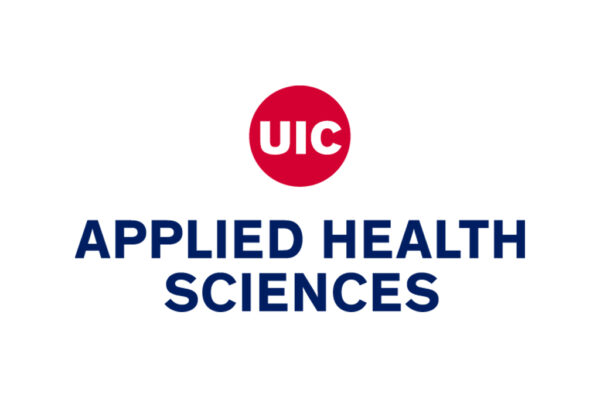
Theory Areas: Bioecological paradigm, cumulative risk, lifecourse, social capital, child/adolescent development, trauma/violence, adolescent mental health
Method Areas: Qualitative; quantitative
Application Areas: Cognitive behavioral therapy, trauma informed care, violence intervention/prevention, mental health promotion, anti-ableism provider training
David Camacho
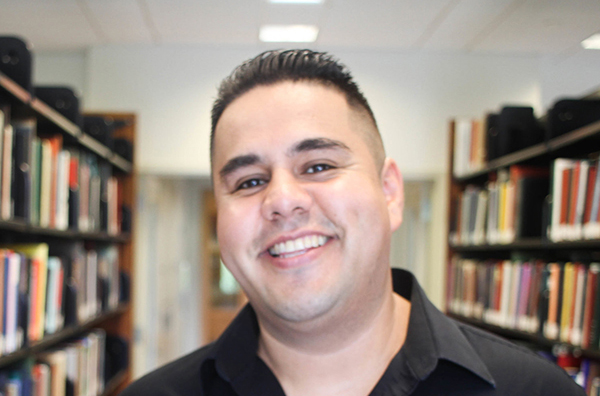
Theory Areas: Cumulative inequality, minority stress, biopsychosocial models of health
Method Areas: Narrative inquiry, focus groups, survey, secondary data analysis
Application Areas: Aging, Hispanic/Latinx health, sexual & gender minorities, depression, loneliness, chronic pain, Alzheimer’s disease and related dementias, trauma informed practice
James Charlton

Research Interests: Disability rights movement, critical theory; globalization
Caitlin Crabb

Theory Areas: Ethics of care; Andersen’s behavioral model; social model of disability
Method Areas: Mixed methods; survey methodology; quantitative, qualitative
Application Areas: Intellectual and developmental disabilities; Medicaid; program evaluation; home and community-based services; disability policy
Yochai Eisenberg
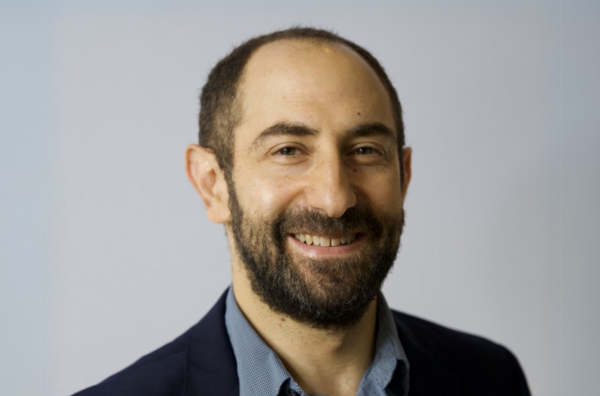
Theory Areas: Socio-ecological theory, person +environment, socio-spatial theory
Method Areas: Surveys, secondary analyses, policy research, geographic analysis, mixed methods, implementation science
Application Areas: Transportation, community accessibility, ADA implementation, public health and disability
Margaret Fink
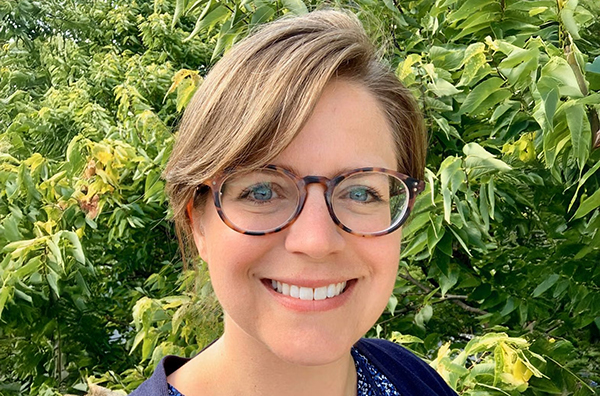
Research Interests: Cultural studies and media studies; critical theory, including disability theory, queer theory, theories of the everyday, and ways of knowing that come from disability community and lived experience; comics studies and intermediality; critical accessibility studies; academic writing
Robert Gould
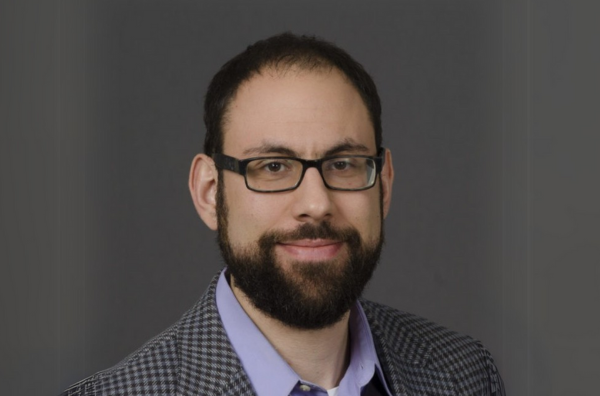
Theory Areas: Human rights; knowledge translation; disability rights
Method Areas: Qualitative; systemic reviews; content analysis
Application Areas: Policy; ADA; employment; international human rights; development
Joy Hammel
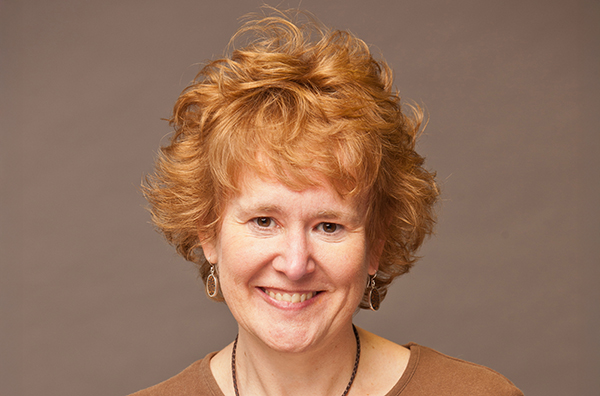
Theory Areas: Empowerment theory; social learning theory; transformative learning theory; social-ecological theory
Method Areas: Participatory action research/ community-based participatory research; qualitative research; disparities and social determinants of health equity research
Application Areas: Equitable community living and participation opportunities & systems/policy change; community capacity building with minoritized communities; social networking, connection and participation; disability rights & collective activism: moving out of institutions and nursing homes to the community
Rooshey Hasnain
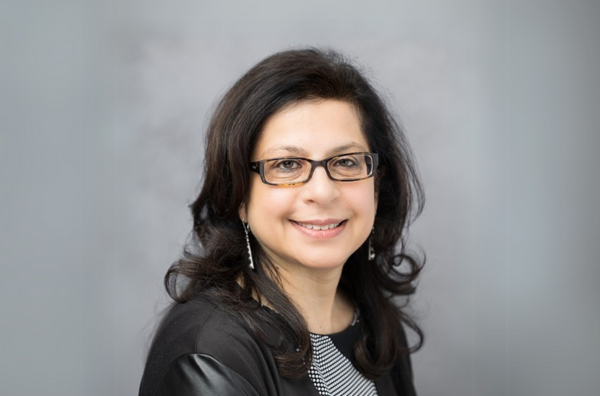
Theory Areas: Social-ecological model, advocacy and empowerment, disability justice, life course/ life span
Method Areas: Community engaged and culturally tailored research, needs and strengths-based assessments, participatory action research, qualitative (e.g., interviews, focus groups).
Application Areas: Disability and mental health service disparities; race, ethnicity, and culture; disability employment and vocational rehabilitation; creative arts and storytelling; multi-sector partnerships and collaborations; Asian/Asian American disability and mental health; school-to-adult life transitions, outreach, inclusive, and capacity building with underserved communities, particularly with immigrants and refugees.
Tamar Heller
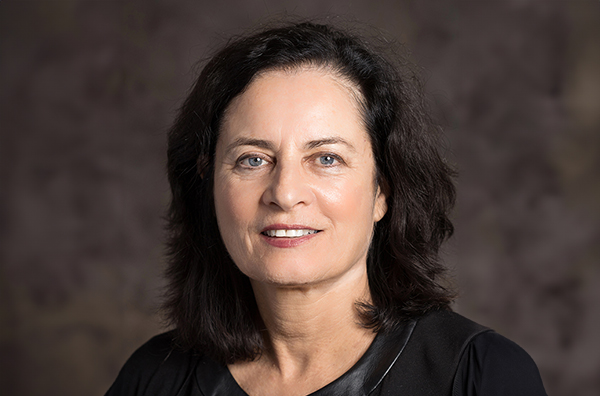
Theory Areas: lifespan; socio-ecological
Method Areas: Quantitative; qualitative; intervention studies
Application Areas: Aging and disabilities; family caregiving; IDD
Research Interests: Environmental modification and emergency evacuation by individuals with disabilities
Kelly Hsieh
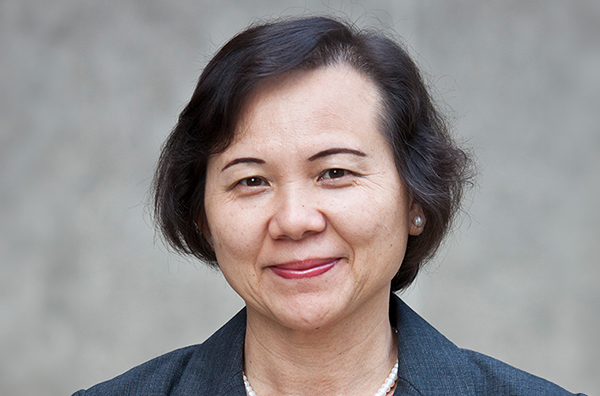
Research Interests: Exploring the relationship between health risk behaviors and health outcomes including obesity, falls, cardiovascular disease, and dementia across lifespan among individuals with I/DD using epidemiological approach; investigating efficacy of interventions to improve well-being and quality of life for adults with DD through group exercise, health education, and web personal center-based approach
Robin Jones
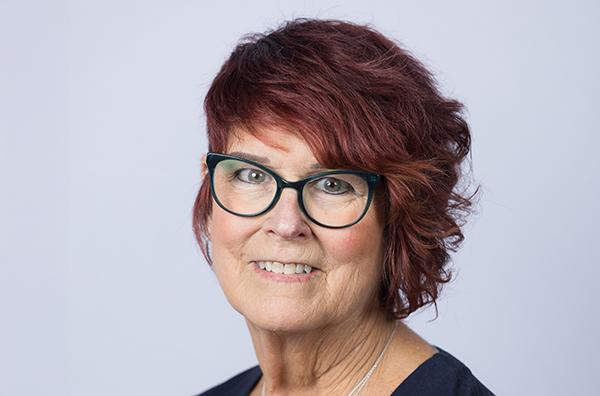
Research Interests: Employment, architectural accessibility, community integration, educational accommodations, and accessibility of information technology
Delphine Labbé
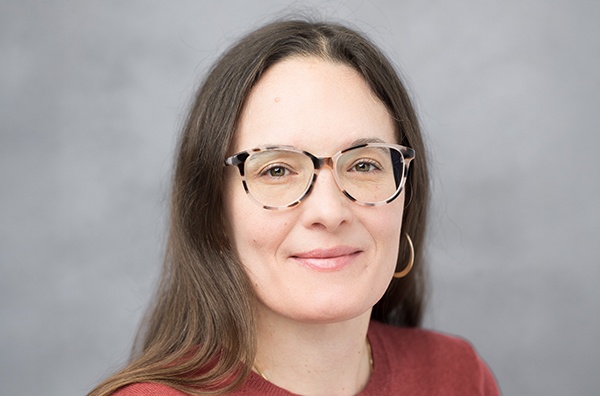
Theory Areas: Leisure Studies, empowerment, accessibility, disability rights, socio- ecological model
Susan Magasi

Theory Areas: explorations of theory
Method Areas: Method Areas: Qualitative (ethnography, thematic analysis, IPA, some grounded theory, CBPR, mixed methods, intervention research)
Application Areas: Health and participation equity (special interest in people living at the intersection of disability and other minoritized statuses (women, people of color, low SES, etc.), social justice, social determinants of health, social participation, cancer
Beth Marks
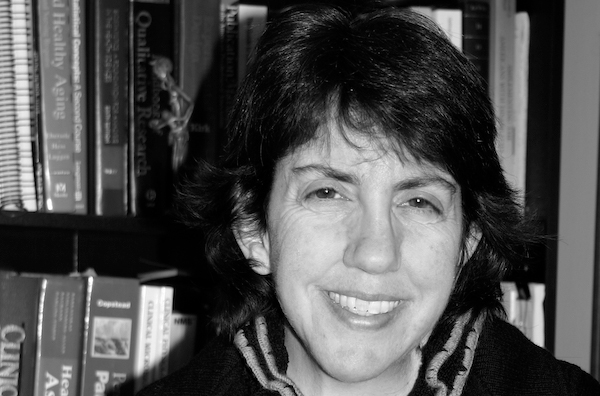
Theory Areas: Frameworks, models, and theories for nursing sciences, occupational safety and health, community and public health, curriculum development, health promotion and disease prevention, and community-based participatory research; collective impact model
Method Areas: Qualitative/ quantitative/ mixed methods
Application Areas: Nursing and health sciences, occupational safety and health, community and public health programs, program development, health promotion and health advocacy for people with intellectual and developmental disabilities, structural and social determinants of health for people with disability
Angelica Martinez Perez
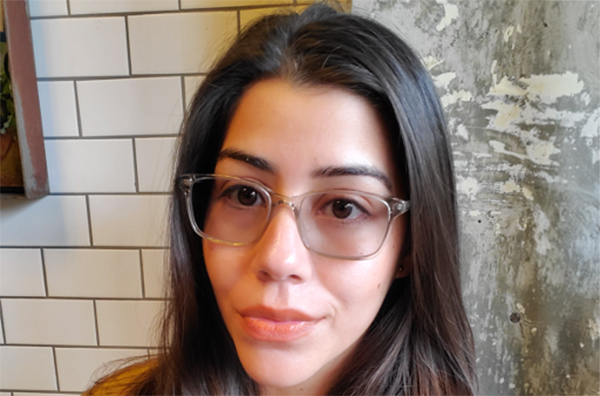
Theory Areas: HAAT model; social ecological model
Method Areas: Qualitative; validated instruments in assistive technology (i.e., PIADS); thematic analysis
Application Areas: Access to AT by underserved individuals; community outreach; capacity building; service delivery
Mansha Mirza
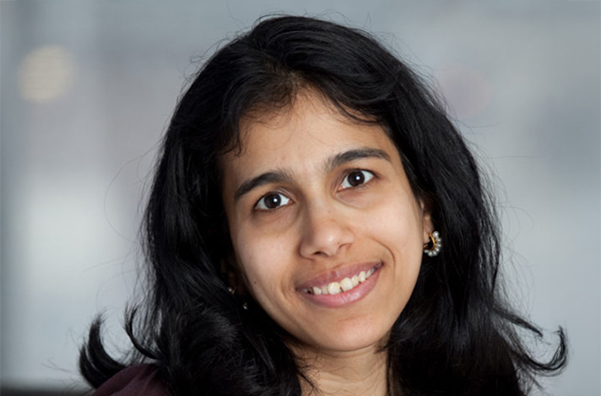
Theory Areas: Social Determinants, heath disparities frameworks
Method Areas: Mixed methods; community-engaged research; cross-cultural research
Application Areas: Disability inclusion in migration policy/discourse/practice
Sumithra Murthy
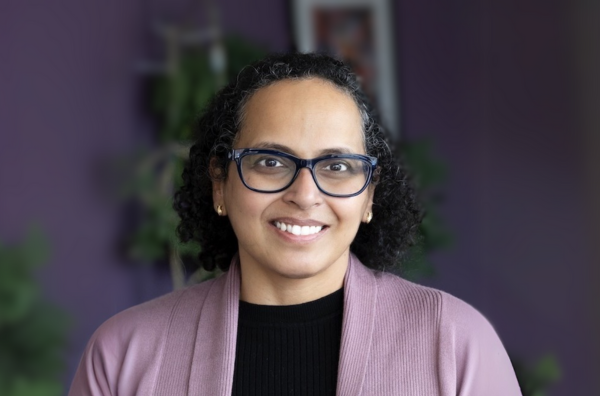
Theory Areas: Disability rights and justice; socio-ecological model framework; cultural competency in disability care/ecological validity framework; health equity and disparities; self-efficacy theory of behavior change
Method Areas: Mixed methods research; participatory action research; needs assessments; cultural adaptations; health intervention design
Application Areas: Family and caregiver support for people with disabilities (special focus on I/DD); aging and disabilities; culturally tailored and inclusive health promotion and interventions; community outreach and education; disability and human rights policy
Akemi Nishida
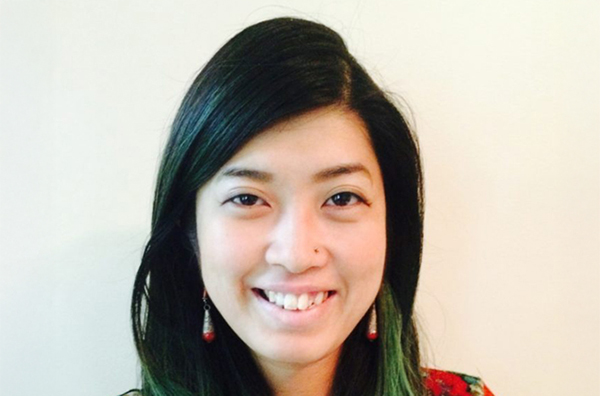
Theory Areas: Affect theory, intersectional feminist disability studies, critical theories including critical race theory, and critical disaster studies
Method Areas: Qualitative research (interview, participant observation, focus group), Participatory Action Research, bringing together qualitative data and critical theories
Application Areas: Disability justice, care, social justice activism, mutual aid, bed activism, and critical disaster studies
Sarah Parker Harris
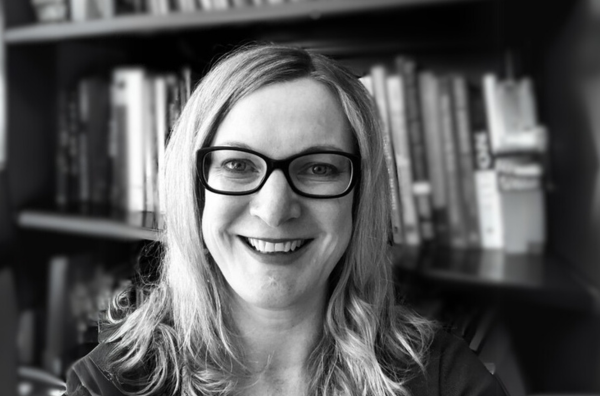
Theory Areas: Disability studies; human rights; social justice; feminist citizenship/political philosophy
Method Areas: Qualitative research; systematic reviews; knowledge translation practices; program evaluation; social policy analysis
Application Areas: Employment, labor market, entrepreneurship; comparative social policies; disability policy/laws; access and inclusion
Alyson Patsavas
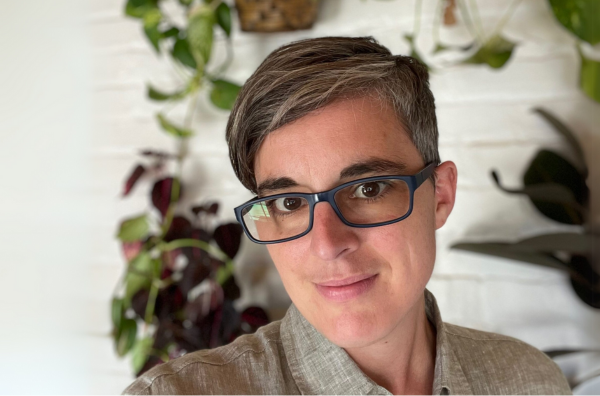
Theory Areas: Feminist, queer, and crip theory; autotheory
Method Areas: Textual analysis; cripistemologies; autoethnography
Application Areas: pain, life-writing, and representations of disability and illness
Azadeh Safaeian
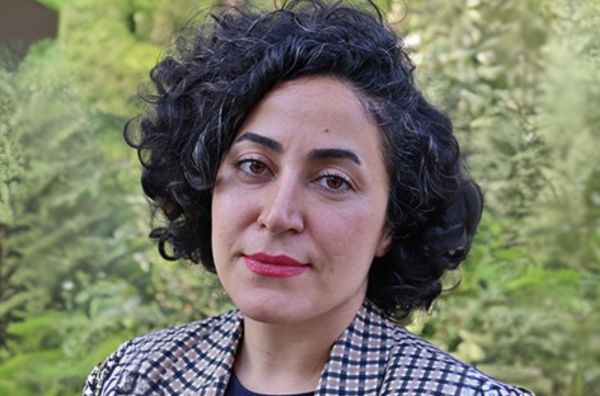
Theory Areas: Disability studies; critical trauma studies; Middle Eastern studies; film studies; multilingualism; postcolonialism
Method Areas: Close reading; comparative research; archival research
Application Areas: World literature and global cinema; cinemas and literatures of the global south; Middle East cinemas and literatures; Iranian cinemas and literatures
Carrie Sandahl
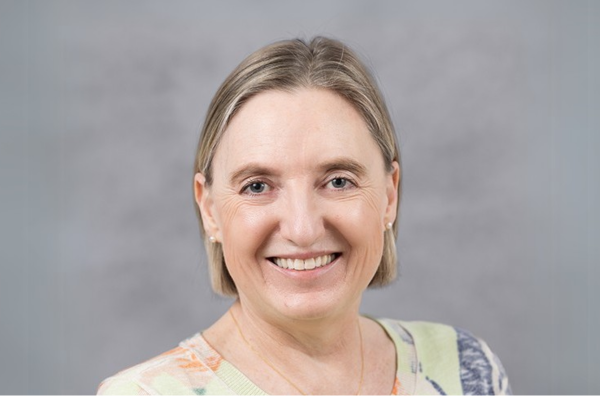
Theory Areas: Feminist, queer, critical disability theory/identity/culture/aesthetics
Method Areas: Close readings, literary and performance analysis
Application Areas: Art, literature, film, performance
Jasmina Sisirak
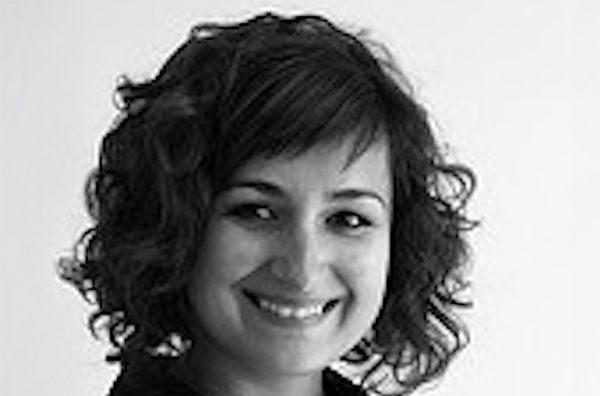
Theory Areas: Health promotion and disease prevention theories and models, ecological models, community-based participatory research, translational research, collective impact
Method Areas: Qualitative/quantitative/mixed methods, focus groups, survey design, data analysis
Application Areas: Implementation science, community and organizational health promotion, community nutrition, people with intellectual disability, social determinants of health, IRB
Sandy Sufian
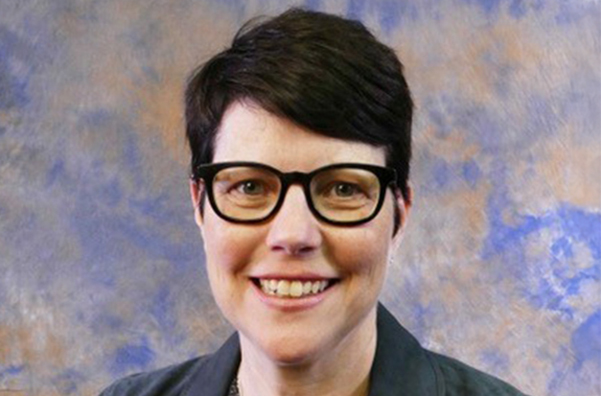
Theory Areas: Embodiment; critical phenomenology; disability theory
Method Areas: PCOR (Patient-Engaged Outcomes Research methods); archival research
Application Areas: History of disability (modern); history of medicine; women’s health; chronic illness, and disability
Yolanda Suarez-Balcazar
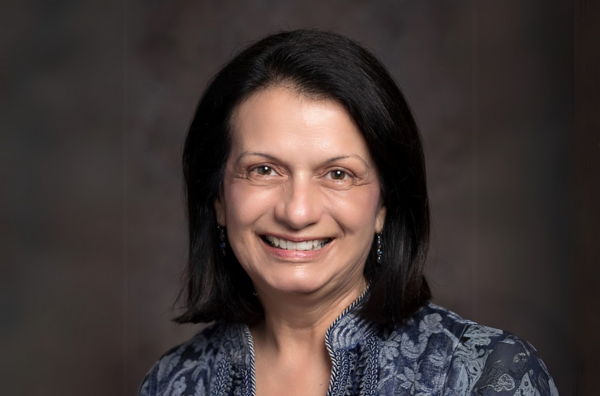
Theory Areas: Empowerment, social determinants of health, critical race theory, disability critical theory, social ecological theory
Method Areas: Mixed methods, qualitative methods, needs assessment methods, Community-based participatory research, action research
Application Areas: Culturally tailored interventions, empowerment interventions, community-engaged research
Lieke van Heumen
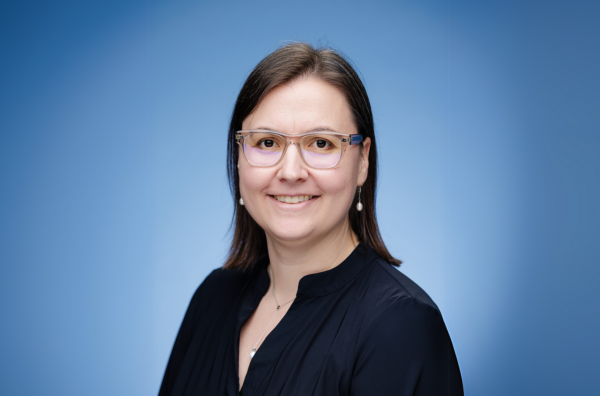
Theory Areas: Critical disability theory; critical social gerontology; life course perspectives
Method Areas: Critical disability theory; critical social gerontology; life course perspectives
Application Areas: Aging with intellectual disabilities; autism; dementia; aging and disability policy; scholarship of teaching and learning